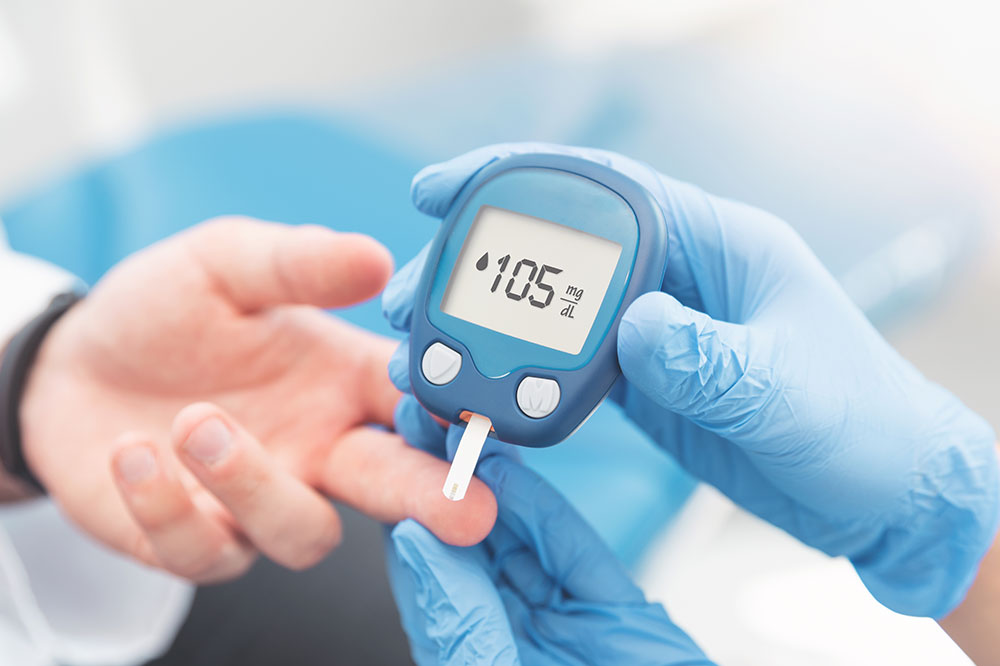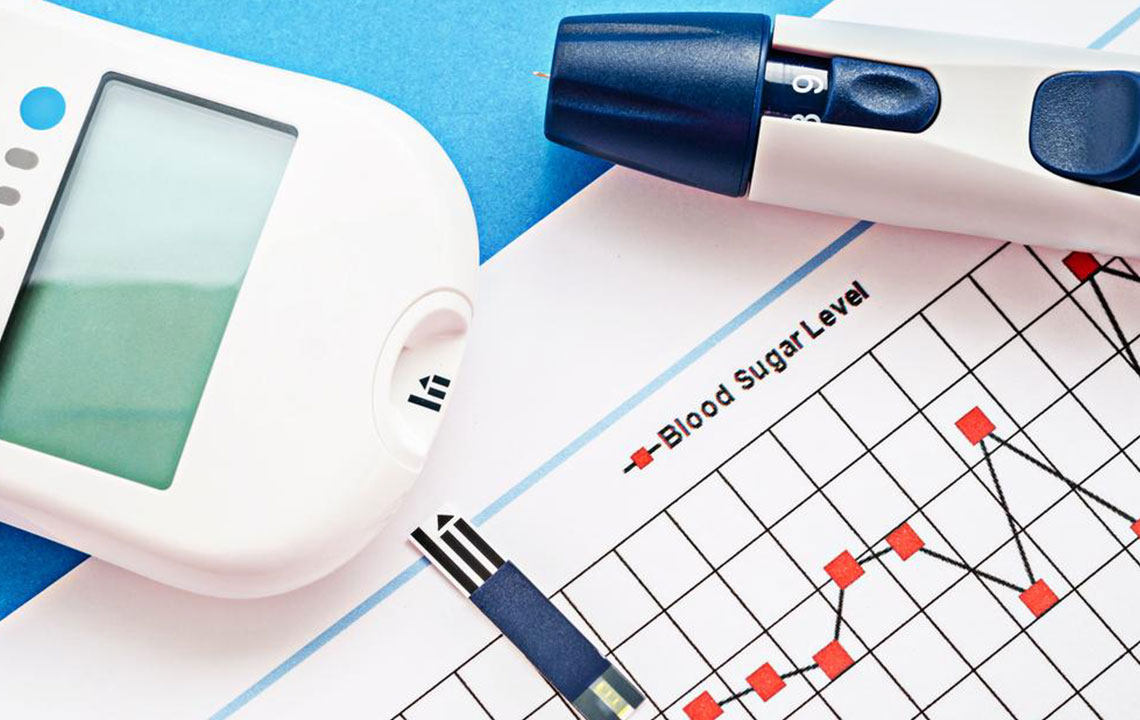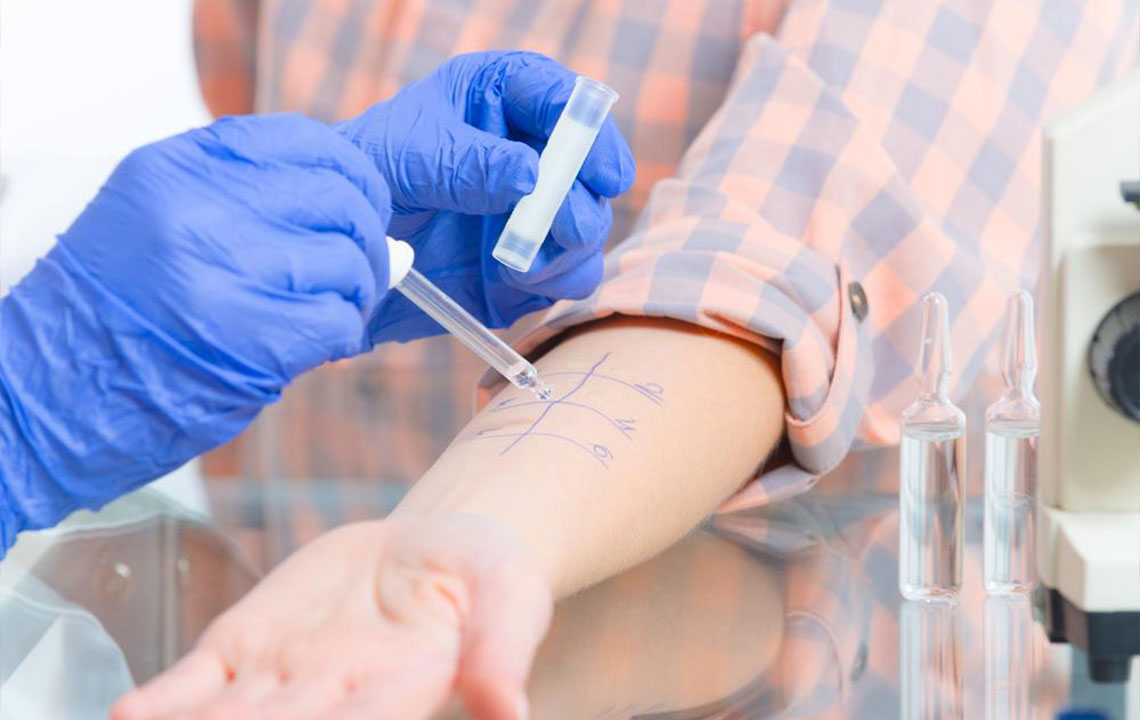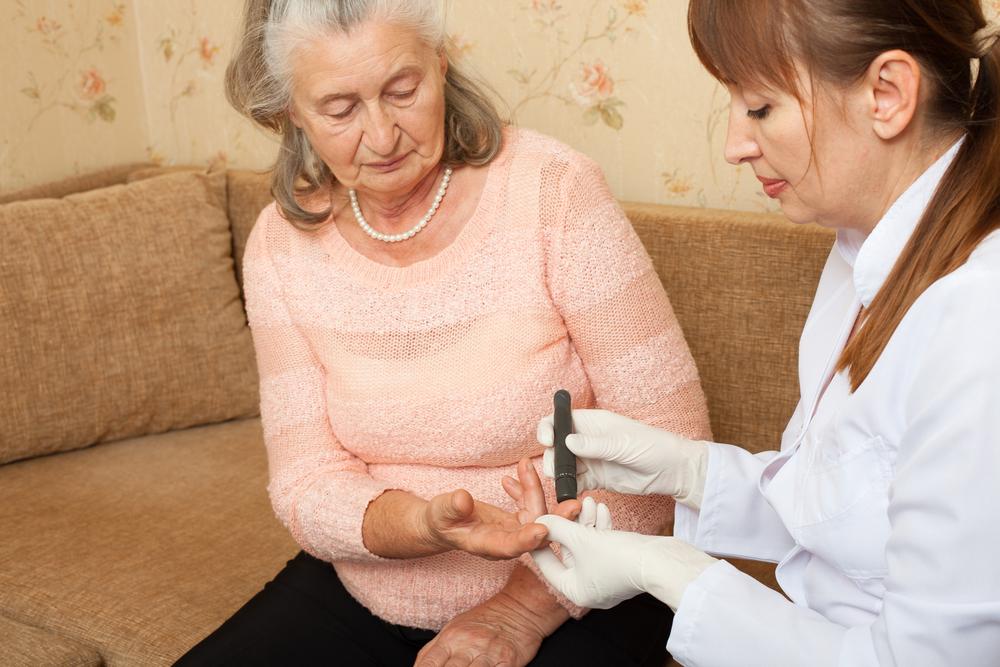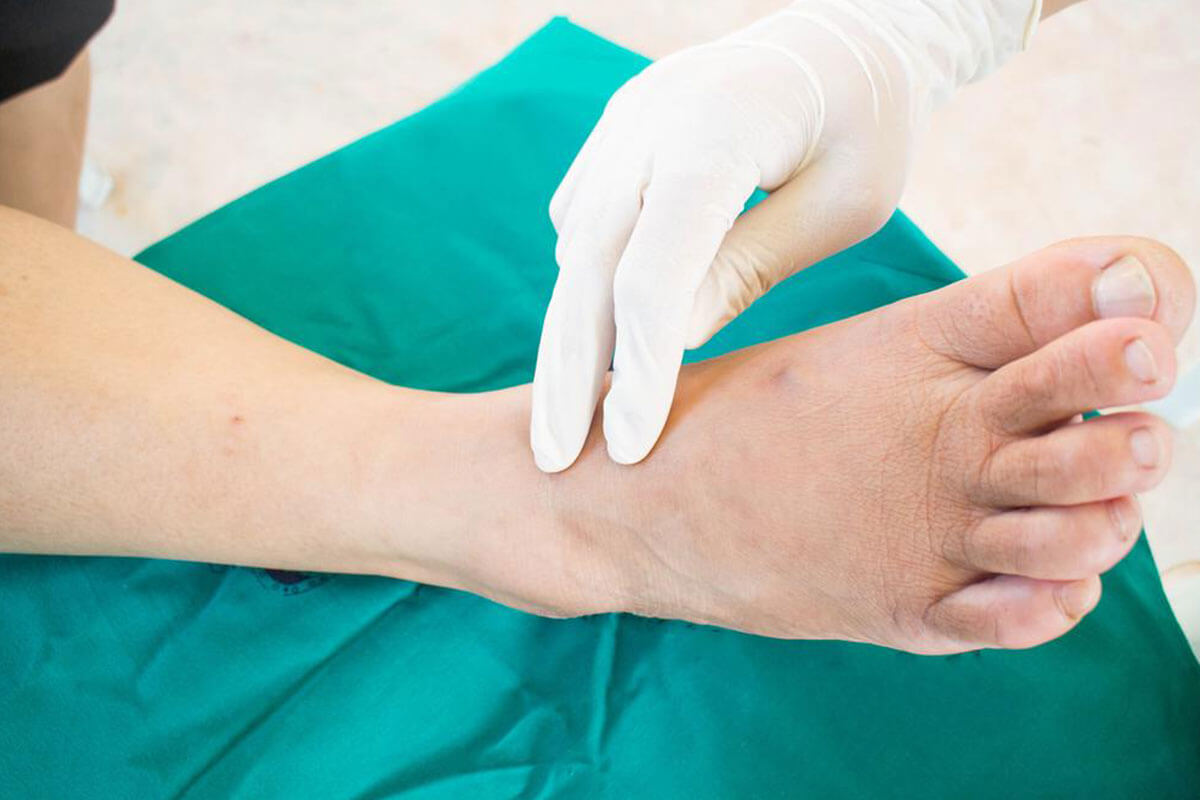How Smartwatches Enhance Diabetes Care
Discover how smartwatches are revolutionizing diabetes management by offering continuous glucose monitoring, real-time alerts, and health data tracking. These wearable devices enhance proactive health care, making daily management easier and more effective. Learn about their features, benefits, and considerations for integrating smartwatches into diabetes care routines, empowering users to maintain better control over their health and improve quality of life.
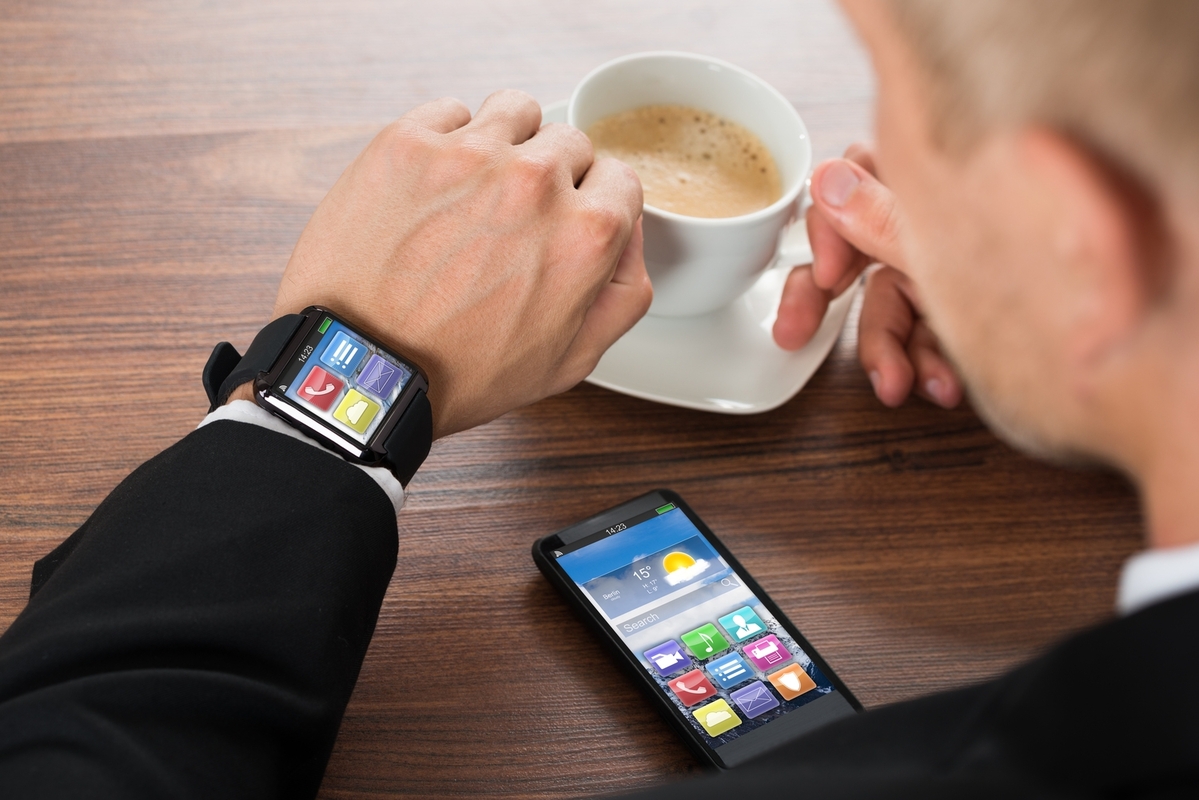
How Wearable Technology Supports Diabetes Management
Advancements in technology have opened new doors for health management, especially for those living with diabetes. Smartwatches equipped with health monitoring features are transforming daily diabetes care by providing continuous access to crucial health information. These devices help users keep track of blood sugar levels, physical activity, heart rate, and overall wellness, promoting proactive health management.
Diabetes affects millions worldwide, requiring careful monitoring of glucose levels and lifestyle factors. Traditionally, this involved separate devices like glucose meters and insulin pumps.
However, modern smartwatches serve as a vital complement to existing tools, enhancing continuous health surveillance.
Key Advantages of Smartwatches for Diabetes Management:
1. Real-Time Glucose Monitoring Compatibility:
Today's smartwatches can integrate with continuous glucose monitoring (CGM) systems, providing instant glucose updates and alerts for abnormal levels. Users can view glucose trends directly on their watch, aiding quick decisions.
2. Monitoring Vital Signs and Physical Activity:
With sensors to measure steps, calories burned, and heart rate, smartwatches give a comprehensive picture of health. This data supports diabetics in optimizing exercise and understanding physical responses.
3. Reminders and Alerts:
Smartwatches can notify users about medication schedules, insulin intake, or blood glucose checks. They can also warn of dangerous glucose fluctuations, prompting immediate action.
4. Data Collection and Health Apps:
Syncing with health management apps allows for long-term data analysis. Such insights enable healthcare providers to tailor treatments and help users make informed lifestyle changes.
5. Easy Access and Convenience:
Having health data readily available on the wrist simplifies monitoring. Unlike traditional devices that can be bulky or separate, smartwatches combine ease of use with constant accessibility.
Considerations and Limitations:
While beneficial, smartwatches come with challenges such as initial costs, device accuracy, and battery life constraints. Compatibility with specific CGM systems must be verified to ensure seamless operation.
It is important to remember that smartwatches should supplement, not replace, professional medical devices and advice. Consultation with healthcare providers is essential for integrating these tools effectively into diabetes care.
Overall, smartwatches are revolutionizing how diabetics monitor and manage their health. Through continuous data access, real-time alerts, and extended insights, these devices empower users to keep diabetes under better control. As technology evolves, their role in healthcare promises to grow, leading to even smarter solutions for managing diabetes.

